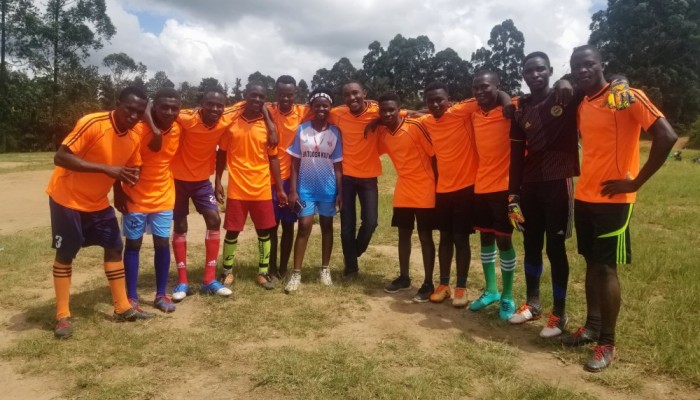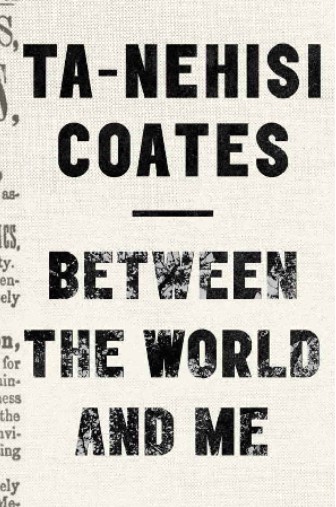
Apr
Bunyoro-Tooro Students Association Participate in Games to Mark Their Sports Day
April 23, 2024, 8:32 am
 Rebecca Nabejja
Rebecca Nabejja

By Rogers Wanambwa
KIU Main Campus - Written as a letter to his teenage son Samori, Ta-Nehisi Coates uses his life experiences and his quests of searching of knowledge as a means to probe the plight of a black male man in US following the aftermath of the killings of several black males and the seemingly lack of justice for them.
“I write you in your fifteenth year. I am writing you because this was the year you saw Eric Garner choked to death for selling cigarettes; because you know now that Renisha McBride was shot for seeking help, that John Crawford was shot down for browsing in a department store. And you have seen men in uniform drive by and murder Tamir Rice, a twelve-year-old child whom they were oath-bound to protect. And you have seen men in the same uniforms pummel Marlene Pinnock, someone’s grandmother, on the side of a road. And you know now, if you did not before, that the police departments of your country have been endowed with the authority to destroy your body,” Coates starts off the book.
Around the same time this book was written, the Black Twitter and Black Lives Matter campaigns were starting to gain major traction and so it was widely accepted mainly because of the atmosphere surrounding the times.
Throughout the book, Coates calls to our attention the situation in which many black people grow up in the US and most especially the fear for survival that many had as seen in this paragraph were even parents employ strict measures on their children to prevent them from straying into danger, “We stood in the alley where we shot basketballs through hollowed crates and cracked jokes on the boy whose mother wore him out with a beating in front of his entire fifth-grade class. We sat on the number five bus, headed downtown, laughing at some girl whose mother was known to reach for anything—cable wires, extension cords, pots, pans. We were laughing, but I know that we were afraid of those who loved us most. Our parents resorted to the lash the way flagellants in the plague years resorted to the scourge.”
He even goes further to call the bluff of the boisterous rappers who claim to run the town saying, “And I have never believed the brothers who claim to “run,” much less “own,” the city. We did not design the streets. We do not fund them. We do not preserve them.”
The book centers on how the average black person in America has been cut off from the rest of the world that if it were not for his attending Howard University in Washington DC, Coates himself would not have appreciated the diversity even amongst black people, and essentially Africans as a whole.
It essentially calls to our attention how sometimes systems fail to serve the people that they should be serving and the coping mechanisms that said people develop to survive. Essentially, the book is about survival in a cruel world.
Kampala International University,
Box 20000, Ggaba Road, Kansanga, Kampala